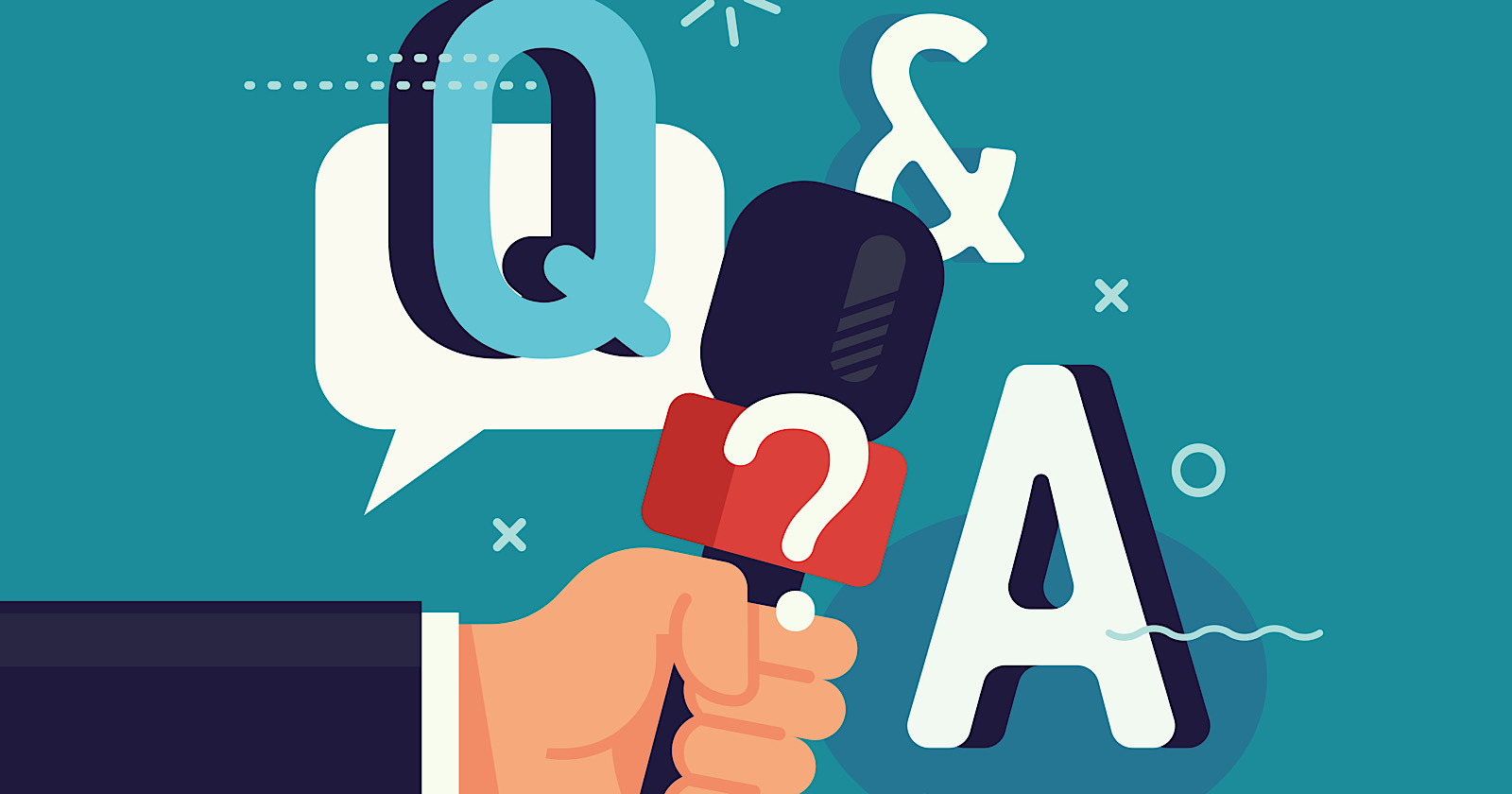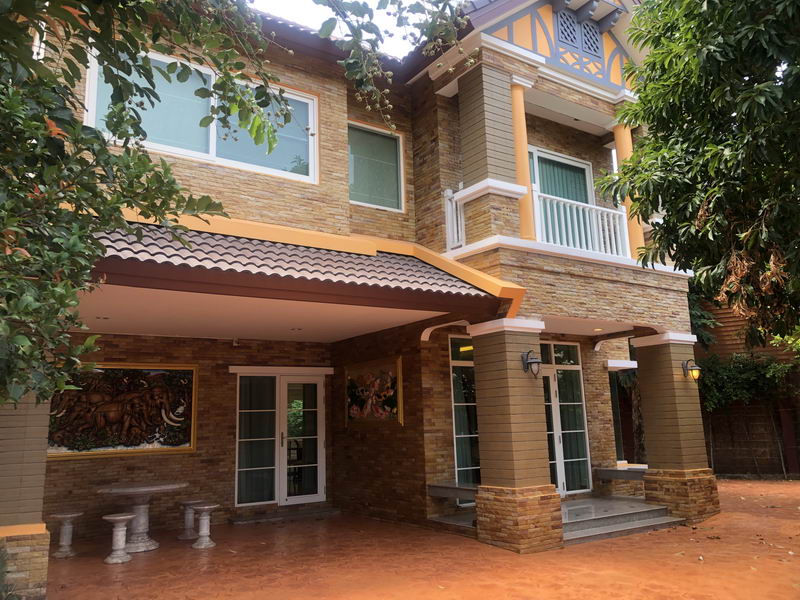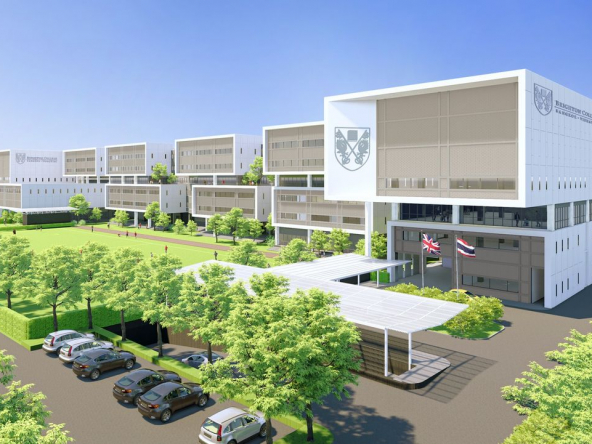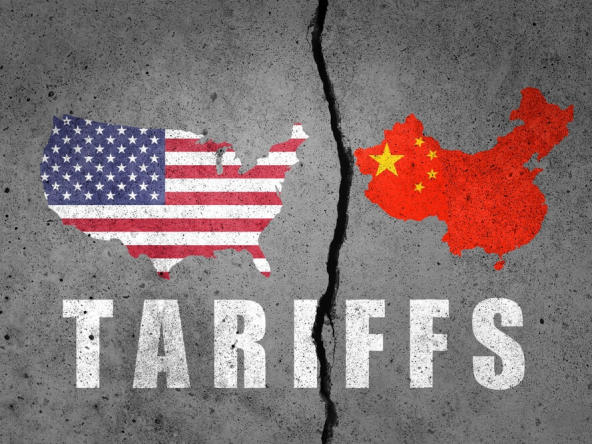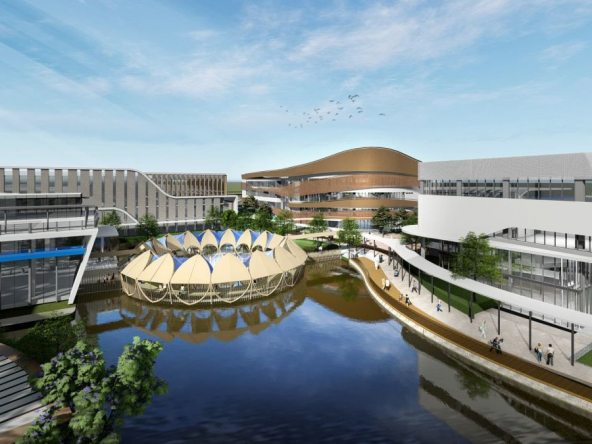This Ultimate Bangkok Real Estate Buyer Q&A will help you to answer any questions you have been asking yourself and us. We are routinely inundated with questions and inquiries about the Bangkok real estate industry and sector. You might already know some of the answers, but it’s always good to keep updated with the scene and its regulations.
So, here are some of the most frequently asked questions in regards to buying property in Bangkok and the general sector.
1. Are Foreigners Allowed to buy property in Thailand?
Yes! In buildings classed as condominiums, developers are allowed to sell up to 49% of the total apartments in the building to foreigners on a freehold basis. The other 51% must be sold to either Thai citizens or Thai companies, of which foreigners own a maximum of 49% of the shares. This is why you will find different prices or payment terms listed for each project depending on whether the apartment is being bought under ‘Foreign Ownership’ or ‘Thai Company Ownership’.
This only applies to apartments in a condominium building. For houses and villas on their private land plots, it is only possible for foreigners to buy under Thai Company ownership because it is normally not possible for foreigners to own land in Thailand.
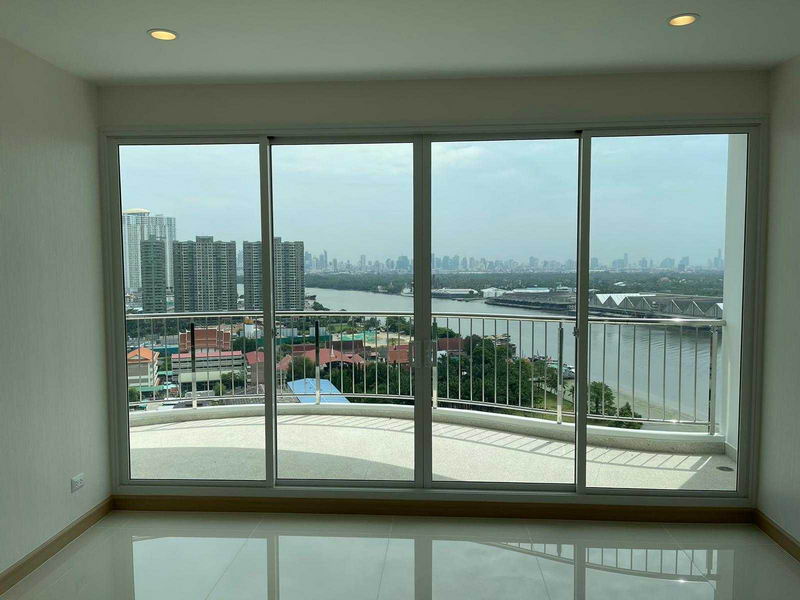
2. Can I safely buy property using a Thai Company?
Yes! In fact, many villas in Thailand are owned by foreigners using this method for many decades now and there have never been any cases of ownership problems. It is, however, important to use an independent lawyer to check that the company formed to hold the property is established correctly to give the foreign buyer complete control over the company and its assets (i.e. the property).
3. Are there taxes I need to pay when I buy a property in Thailand?
For off-plan property, there are three taxes payable to the Land Department when the property is registered in your name. These are a Transfer Fee of 2%, a Special Business Tax of 3.3%, and Stamp Duty of 0.5% – so the total taxes are 6.3%. The taxes are split between buyer and seller. Each major developer splits the taxes differently, so the actual taxes that the buyer pays can vary from a minimum of 1% up to a maximum of 6.3% depending upon the individual development.
These percentages are based upon the appraised value of the property, which is usually a little lower than the purchase price which is paid. These taxes are not due until the official registration of the property, which tends to take place around 3-6 months following the handover of the property.
After you have purchased the property, there are no annual property taxes payable in Thailand. Your only additional costs after purchasing will be the maintenance fees charged for the upkeep of the building and any utilities that you use (e.g. water and electricity).
4. What is the process for purchasing property in Thailand?
Once you find a property you would like to buy, you will need to complete a simple reservation form and pay a refundable reservation fee, typically around THB 50,000. You will then be sent your contract to check and sign. If happy with the contents of the contract, you should sign and return the copy (it is possible to return it via email) and then send the deposit payment, which is normally in the region of 20-30% of the purchase price.
During the period that the property is under construction, you will need to send interim payments at regular intervals. Once the property is completed, you will then pay the remaining amount of the purchase price when you receive the key to your new home. You will pay the taxes due at the time when the apartment is registered in your name at the Land Department (see above).
5. How can I send money to Thailand?
One of the conditions of buying an apartment under foreign ownership is that all funds must originate from outside Thailand. Most buyers send payment from their bank accounts in their home country by making an international wire transfer directly into the account of the developer. It does not matter which currency funds are sent in as they will be converted to Thai Baht upon arrival in the country.
It is also possible for foreigners to open bank accounts in Thailand. If you would prefer to deposit funds into a Thai bank account first, you will need the bank to arrange a document providing that the funds originated from outside the country and that they are being used for the purchase of the real estate.
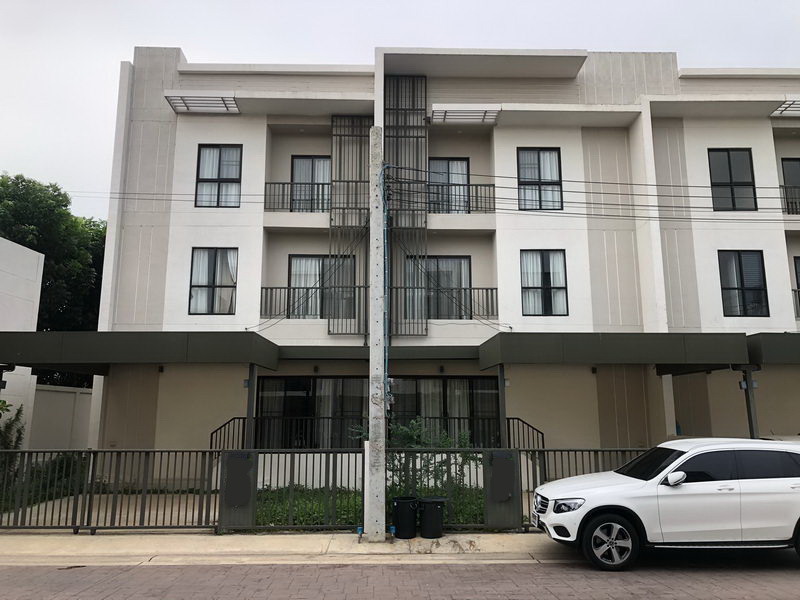
6. What are ‘Sinking Funds’ and ‘Maintenance Fees’?
A Sinking Fund is a one-time payment that is used as an emergency fund for any one-off repairs or improvements that may be required for the development at some time in the future (e.g. repainting the exterior every few years). Payment for the Sinking Fund must be made at the time that the buyer receives delivery of the apartment. The cost of the Sinking Fund depends upon the size of the apartment and so the price is quoted per square meter.
Maintenance Fees are payments required for the day-to-day running of the project (e.g. salaries for security, the receptionist and cleaners; upkeep of swimming pools; electricity for the lifts, etc.) As with the Sinking Fund, it is based upon the size of each apartment in square meters and the price quoted is for the monthly fee. Most developers require a full year’s payment of maintenance fees in advance once the apartment is handed over and then to be paid annually in advance thereafter.
If you have any more questions about the Bangkok real estate industry and its rules and regulations, you can contact us directly at contact@herorealtor.com


